Asian Americans Advancing Justice Files Brief In Support of Race-Conscious Admissions at Harvard
Asian Americans Refuse to be a Wedge in Affirmative Action Debate
Norcross, Georgia, July 30, 2018 — Today, Asian Americans Advancing Justice (Advancing Justice) alongside the National Lawyers’ Committee for Civil Rights Under Law, the Boston-based Lawyers’ Committee for Civil Rights and Economic Justice, and pro bono counsel, Arnold & Porter, filed an amicus curiae, “friend of the court,” brief on behalf of a diverse group of students, including Asian Americans and Pacific Islanders, who support Harvard’s race-conscious holistic admissions policy.
The court granted this group of students special privileges, including the right to submit evidence and participate in oral arguments, so that the student voice can be heard in the lawsuit challenging Harvard’s race-conscious admissions policy.
Harvard’s race-conscious holistic admissions policy first came under public scrutiny in 2014 when Students for Fair Admission (SFFA) filed a lawsuit claiming that the university’s race-conscious holistic review policy discriminates against Asian Americans. Orchestrated by Edward Blum, after a failed attempt to dismantle affirmative action at the Supreme Court (Fisher v. University of Texas at Austin), SFFA has actively recruited Asian Americans to be plaintiffs for their campaign. As a result, Asian Americans have been at the crosshairs of conversations about affirmative action.
"This lawsuit is not about Asian Americans,” said Nicole Ochi, supervising attorney at Asian Americans Advancing Justice - Los Angeles. “It is about using Asian Americans as a cover for Edward Blum’s crusade to force every institution of higher education to ignore the reality of systemic racism and segregation that infects every aspect of our lives. Holistic race-conscious admissions is necessary to address that reality and ensure meaningful access and opportunity for all communities, including Asian Americans. Eliminating such programs will do nothing to remedy any intentional or implicit bias against Asian American applicants. That’s not what this suit is really about.”
Asian American Student amici affirm that they have benefited directly from Harvard’s race-conscious admissions process as applicants and as current students at Harvard.
“I was told that my scores were low for an Ivy League school,” said Sally Chen, a Chinese American rising senior at Harvard who is one of the Student amici. “But against that advice, I applied to Harvard and ultimately chose to write about growing up in a working class Chinese American family, because it allowed me to present myself as a whole person. When I reviewed my application, I saw that discussing my race ultimately benefited me in the admissions process because it allowed the reviewers to recognize that I had the potential to make a ‘contribution to college life’ that would be ‘truly unusual.’”
For Chen, being Chinese is an inseparable part of who she is and what shaped her life experience. Race-conscious admissions recognizes that and understands that bald numerical indicators like a test score or GPA are not the sum total of who we are or what we have to offer.
Student amici also attest that the racial diversity at Harvard has allowed them to bridge racial divides and engage in cross-cultural understanding in ways that would have been impossible in their segregated high schools.
“Coming from a predominantly white, upper-middle class Long Island high school, Harvard seemed incredibly diverse to me,” said Caroline Zheng, a Chinese American rising senior at Harvard and one of the Student amici. “I made many African American friends during my first year who provided me with perspectives that I previously lacked, which forced me to confront my own prejudices and privilege. ”
At the same time, Student amici contend that Harvard has yet to reach the level of diversity necessary to fully realize its benefits and that any supposedly race-neutral alternative that decreases racial diversity would be devastating to the educational environment and racial climate at Harvard.
"I support Harvard’s race-conscious admissions program and I do not think that Harvard discriminates against Asian Americans, but that does not mean that Harvard has done enough,” said Thang Diep, a Vietnamese-American rising senior at Harvard and one of the Student amici. “Asian Americans are the second largest group [at Harvard], but there is still a troubling lack of ethnic diversity within that huge label. The presence of Southeast Asian students, for example, is extremely low.”
The heart of this lawsuit is whether Harvard can continue to value racial diversity in ways in which our country has consistently fallen short: acknowledging the entrenched racism that still pervades every aspect of life, bridging racial divides, and developing racially diverse leaders in every sector. This lawsuit has nothing to do with discrimination against Asian Americans.
Asian Americans Advancing Justice fights every day across the country to end racism against Asian Americans and all people of color, and we recognize Ed Blum’s strategy for what it is: a thinly veiled attempt to use Asian Americans to destroy racial diversity on every campus across the country. We, and the student amici that we present, refuse to be used as a wedge. We stand together with students of all races to ask for more diversity on college campuses, not less.
Advancing Justice Contacts:
James Woo, (404) 585-8446, jwoo@advancingjustice-atlanta.org
Jessica Jinn, (213) 241-8817, jjinn@advancingjustice-la.org
Michelle Boykins, (202) 296-2300 x0144, mboykins@advancingjustice-aajc.org
Christina So, (415) 848-7728, christinaso@advancingjustice-alc.org
Brandon Lee, (773) 271-0899 x200, blee@advancingjustice-chicago.org
